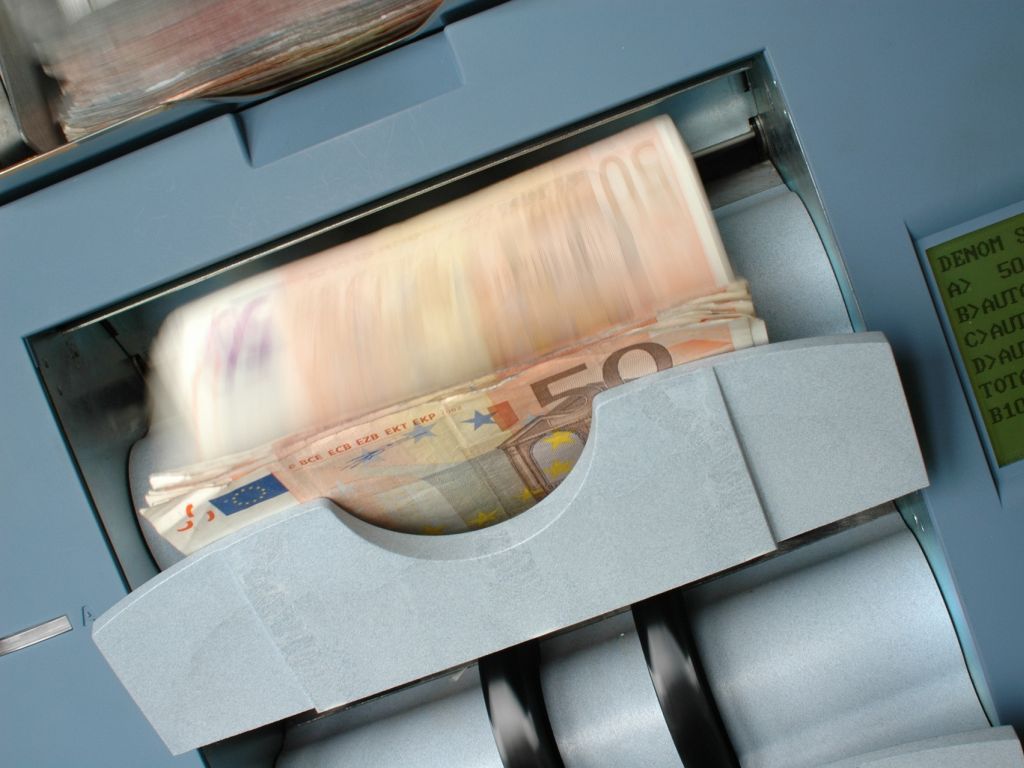SEPA good for Western Balkans but not game-changer
Source: Beta
 Monday, 21.04.2025.
Monday, 21.04.2025.
 10:25
10:25
 Monday, 21.04.2025.
Monday, 21.04.2025.
 10:25
10:25
Illustration (Photo: Pixabay.com/Philippedelavie)

In the analysis “SEPA for the Western Balkans: Useful but not a game-changer”, published on the blog of the Balkans in Europe Policy Advisory Group (BiEPAG), Grieveson writes that SEPA may well end up being one of the most consequential parts of the EU’s Growth Plan for the Western Balkans, but that the EU could also do much more to bring more public and private capital into the region.
SEPA is an initiative of the EU aimed at simplifying euro-denominated bank transfers across participating countries. By harmonizing payment systems, SEPA makes financial transactions among its members cheaper, quicker and easier. For the Western Balkan countries joining SEPA represents a move to enhance financial integration with the EU, streamline cross-border payments, and bolster economic development. The article reminds that the Montenegro and Albania became the first in the region to join SEPA, in November 2024, and that, in March 2025, North Macedonia was admitted too.
Serbia had hoped for a positive decision on SEPA membership in March 2025, but the European Payments Council (ECP) delayed the decision, requesting more progress on anti-money laundering and counter-terrorism laws. Bosnia and Herzegovina and the temporary institutions in Kosovo and Metohija have expressed interest in joining SEPA and are actively working towards meeting the necessary requirements, though specific timelines for their accession have yet to be established.
The author believes that membership in SEPA could significantly boost trade and capital flows within the Western Balkans, thereby contributing to greater regional integration, a long-standing goal. Even more importantly, however, it will support trade and capital flows between the Western Balkans and the EU, whose market is around 100 times the size of the Western Balkan six economies combined.
For many Western Balkan countries, however, the biggest impact of SEPA may not be felt in goods trade. Across the region, other international money flows, for example services payments (i.e. transport and tourism), remittances and foreign direct investment are in some cases even more important.
While easing financial flows via SEPA will benefit the Western Balkans, it would be a mistake to hope that this alone will be a game-changer for the region. As Grieveson writes, without corresponding measures to bring more capital into the region, this approach risks further widening the Western Balkan trade deficits with the EU.
Most Western Balkan countries already run huge trade deficits compared to EU-CEE. The region’s underdevelopment does not stem primarily from difficulties in moving capital across borders, but from the chronic shortage of capital itself, both public and private, to finance the investments needed in production, infrastructure, and public services. Grieveson believes that SEPA accession will therefore work best if combined with greater access for the Western Balkans to the EU budget, as well as EU support for industrial policy initiatives in the region which in turn could stimulate more and better quality FDI inflows.
– Reducing the frictions to the flows of capital between the EU and the Western Balkans is very welcome, but the EU could make a much bigger impact by finding ways to direct more public and private capital into the region in the first place. Full access to the EU budget—beyond the quite disappointing amounts included in the Growth Plan—would provide substantial funding for infrastructure projects, social programs, and institutional reforms – Grieveson wrote.
Meanwhile, to support industrial policy and greater FDI inflows, facilitated by SEPA, the EU can play a pivotal role by providing technical assistance and funding to implement smart specialization strategies, focusing on sectors like agri-food, textiles, automotive, energy, IT, and tourism.
– Such support would enable the Western Balkan countries to modernize industries and attract investment, helping to build export capacity and reduce the region’s large trade deficits – concludes Grieveson, who is also a member of BiEPAG.
Tags:
Vienna Institute for International Economic Studies
wiiw
JSingle Euro Payments Area
SEPA
Richard Grieveson
Western Balkans
Comments
Your comment
Naš izbor
Most Important News
Full information is available only to commercial users-subscribers and it is necessary to log in.
Follow the news, tenders, grants, legal regulations and reports on our portal.
Registracija na eKapiji vam omogućava pristup potpunim informacijama i dnevnom biltenu
Naš dnevni ekonomski bilten će stizati na vašu mejl adresu krajem svakog radnog dana. Bilteni su personalizovani prema interesovanjima svakog korisnika zasebno,
uz konsultacije sa našim ekspertima.


 Izdanje Srbija
Izdanje Srbija Serbische Ausgabe
Serbische Ausgabe Izdanje BiH
Izdanje BiH Izdanje Crna Gora
Izdanje Crna Gora


 News
News






